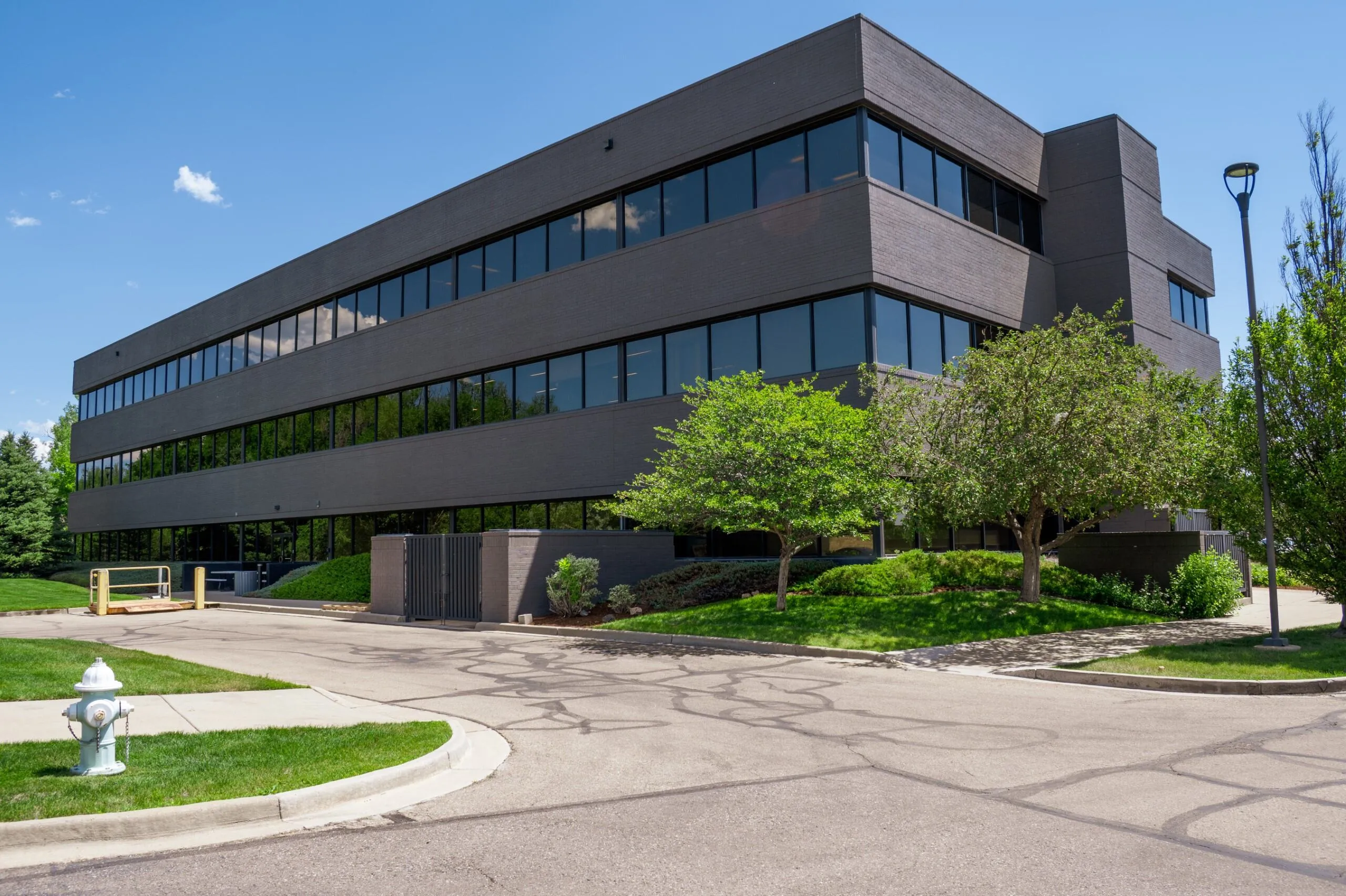Kalinski: Shift happens… but don’t panic
For much of the past year, many “expert” economists kept insisting that the inflation that we were all experiencing was due to pent up demand from the pandemic and would be temporary, limited, and confined to only a few sectors of the economy. Unfortunately, as with many things that experts predict, this turned out not to be the case, and we are now barreling toward a likely recession. It turns out that when the government prints trillions of dollars and injects it into the economy — beginning in the Trump administration, so it’s not just Biden’s fault — all that extra demand causes prices to rise as more money chases the same amount of goods (actually, it is chasing fewer goods due to supply chain issues, etc.) It’s kind of like your crazy uncle who carelessly squirts lighter fluid on the campfire and tells you to relax because he “knows what he’s doing.”
Well, all of this applies to the housing market as well, in which we’ve seen home prices increase at astronomical rates since the initial pandemic lockdown. Based on first quarter numbers, the average single-family home in Boulder County has seen a 50% increase in value since 2020. Astoundingly, the average single-family home in the city of Boulder was more than $1,700,000 at the end of March. Home sellers came to expect multiple offers on their homes and bidding wars driving their contract prices well above their asking prices. Buyers were doing everything they could to compete, including finding ways to make “cash offers,” offering long seller rentbacks free of charge, etc. It was heaven for home sellers and a special kind of hell for buyers.
And then, around mid-April, the shift started. Throughout the economy in general and in our local housing market in particular, people came to realize that we might really be heading toward a recession. All of a sudden, we saw buyer activity steeply drop off as interest rates continued to rise, local inventory of homes increased dramatically, average days on market between listing and sale went up, and the return of “price improvements” of homes listed for sale.
SPONSORED CONTENT
As uncertainty increases, people’s willingness to take risks (like buying a major asset like a home) decreases. And for every point interest rates increase, a buyer’s purchasing power goes down by 10%. Thus, when mortgage rates topped 6% (up from 3%), buyers found that they could afford 30% less house for the same money as six months ago.
In Boulder Valley, my message to buyers and sellers alike is “don’t panic.”
For buyers, yes, interest rates will remain higher than a year ago, but the good news is that home prices are not likely to increase for the rest of the year, you will have more inventory to choose from, and homes are likely to stay on the market a while longer. Additionally, your investment in a home here is probably as sound an investment as you can make — Boulder Valley will continue to be an attractive place to live, we have a structural shortage of homes (builders are still over a decade behind the demand), and our local economy is diverse and strong. As such, if you buy a home here, it is very unlikely that your home will lose value, especially if you hold it for three years or more.
For sellers, you can still likely sell your home successfully, but you will have to adjust your expectations to our market conditions. Those sellers that price their homes at the top of the market, especially if they have deferred maintenance or other issues, will probably have their homes sit and may have to chase the market down with price reductions. Those sellers who adapt and price their homes competitively are much more likely to have success. The advice and assistance of an experienced, qualified Realtor may be invaluable to achieving success in this shifting market.
Jay Kalinski is owner of Re/Max of Boulder and Re/Max Elevate.
For much of the past year, many “expert” economists kept insisting that the inflation that we were all experiencing was due to pent up demand from the pandemic and would be temporary, limited, and confined to only a few sectors of the economy. Unfortunately, as with many things that experts predict, this turned out not to be the case, and we are now barreling toward a likely recession. It turns out that when the government prints trillions of dollars and injects it into the economy — beginning in the Trump administration, so it’s not just Biden’s fault — all that…



